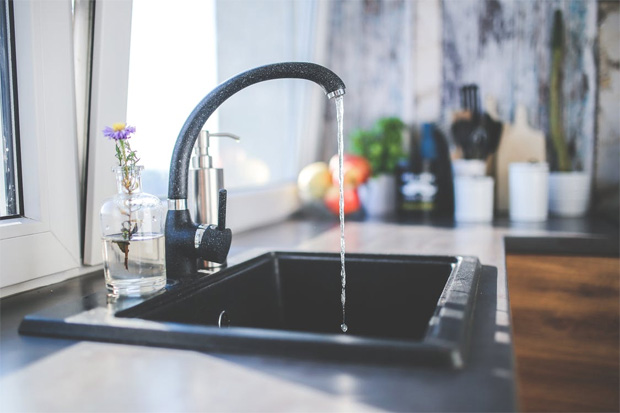Why Water Softener Maintenance Is Important And How To Do It

Why Water Softener Maintenance Is Important And How To Do It
Do you have problems with your water softener? If yes, then make sure you get to know more about its maintenance and importance!
To that end, here are some key pieces of advice on how to keep your water softener in good condition!

Why water softener maintenance is important
Water softener maintenance is important for several reasons. First, the water softener may easily malfunction, or fail to work, if you don’t take the necessary measures to keep it effective and functional. Second, if you don’t check up on your water softener, minerals like calcium, magnesium, and iron are highly likely to accumulate inside it.
Third, with improper softener maintenance, you may get poorer water quality and overall water softener experience. These are only some of the problems you may encounter as a result of poor maintenance. On the other hand, you would be surprised how easy it is to properly maintain your water softener. To find out, make sure you scroll down.
Look out for salt
Salt is one of the commonest issues that arise with water softeners. To prevent this, always ensure that the salt level is adequate and thus you will keep your water soft, which is the most important goal of every water softener! Otherwise, you will soon notice hard water if the salt level in your water softener drops. To prevent this from happening, make sure you inspect the water softener every four to six weeks to avoid complications related to hard water.
When a hard crust forms inside the tank, it leaves an empty area between the water and the salt, preventing the salt from dissolving into the water and producing brine. The resin particles that soften your water can’t perform their job without the brine. High humidity, temperature variations surrounding the water softener, and utilizing the wrong sort of salt are all common reasons for bridging. If your salt tank seems full but your water isn’t soft, you may have a salt bridge.
Choose quality salt
Without salt, a water softener is pointless. Therefore, make sure you’re using the correct salt for your water softener. Solar salt, rock salt, and evaporated salt are the most prevalent options. Choosing a high-quality salt is important since it will have fewer contaminants, ensuring a more beneficial water softening.
Know how to spot trouble
Soap that won’t lather correctly is one of the obvious signs of a water softener. When it comes to water softener maintenance, the ability to recognize issues before they occur is possibly the most significant talent.
In the event of an issue, checking the brine tank on a regular basis is a fantastic method to eliminate one probable reason. Nevertheless, you don’t have to open the softener to detect that anything is wrong.
The interaction of hard water with soap stops it from lathering correctly. This is a quick and easy approach to check on the state of your water softener on a daily basis.
Pay attention to these signs:
- limescale (buildup in pipes, sinks, and bathtubs)
- noticeably different water taste
- stiff laundry
- unusually-frequent regeneration
Clean venturi valve
The venturi and nozzle create suction to convey salt from the brine tank to the resin bath during the regeneration cycle. As a result, the venturi valve can get clogged with sand, silt, and debris, making it necessary to keep the valve clean in order for the water softener to function correctly. Simply detach the valve cover (no special tools are necessary) and remove the internal components, washing them well in soapy water. To keep the water softening process running smoothly and efficiently, repeat this procedure twice a year.
Include a pre-filter
Your water softener may get blocked or damaged if it comes into contact with sediment, iron, sand, clay, or other impurities, which are typically found in well water or tap water in some parts of the nation. A pre-filter eliminates pollutants from your water supply before it reaches your water softener, and it lasts six to nine months before it has to be replaced.

Resolve issues as soon as possible
Prevention is always the best option. As soon as you notice issues with your water softener, make sure you act! Swift action is important since it will prevent further damage and, consequently, costs. To that end, make sure you contact your water softener repair shop and sort out the problem at a minimal cost!
Water is the source of life. Our bodies are mainly composed of water and this speaks a lot of the fact of how important it is to always consume clean and healthy water. In that way, ensure that you always keep your water soft!
Author: Allen Brown.




